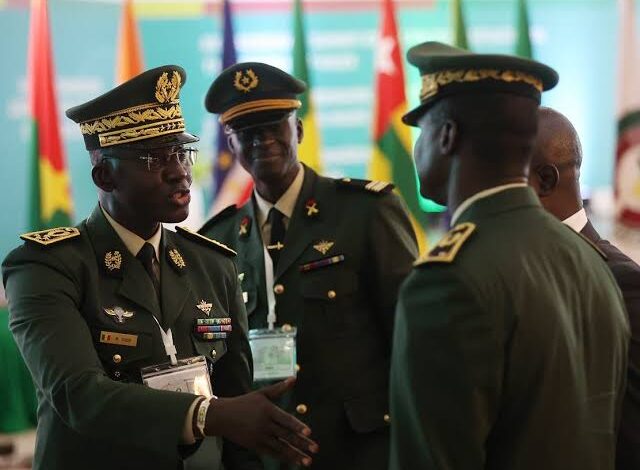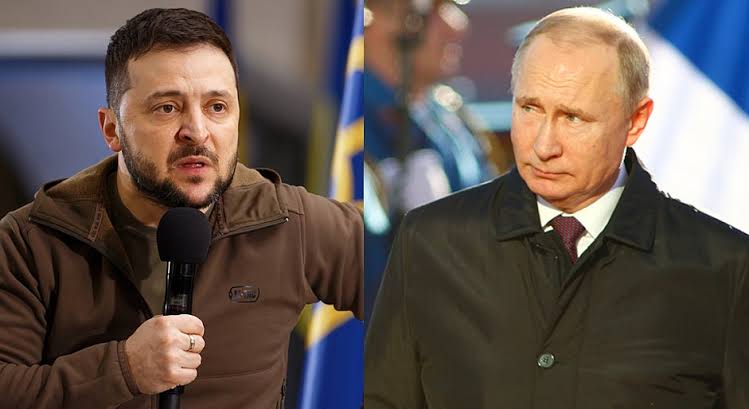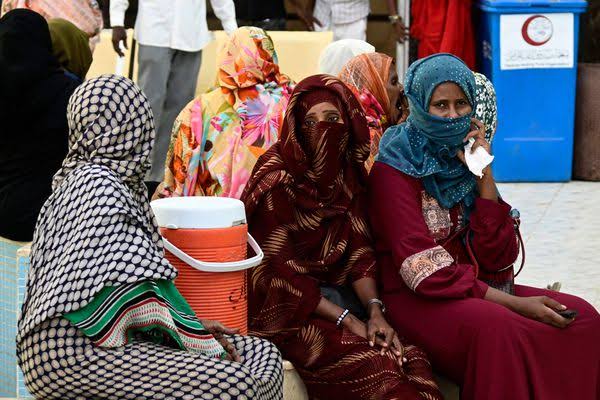
Faith Nyasuguta
On Thursday, West African military leaders convened in Ghana with the objective of coordinating a potential armed intervention to counteract the coup in Niger.
The Economic Community of West African States (ECOWAS) acknowledged the need to activate a “standby force to restore constitutional order” in Niger, given the growing concerns.
In response to the coup, ECOWAS urged the release of President Mohamed Bazoum, who had been ousted on July 26. The bloc warned that if negotiations failed, they would resort to deploying troops as a last resort.
At the meeting held in Accra, Nigeria’s Chief of Defence Staff, General Christopher Gwabin Musa, emphasized their commitment to democracy and peace. The meeting not only aimed at reacting to events but to also proactively chart a course for stability.
ECOWAS has previously intervened in emergencies like the Liberian and Sierra Leonean wars since 1990. While countries like Ivory Coast, Benin, and Nigeria are expected to contribute troops, specific details about the potential operation in Niger remains undisclosed.
Abdel-Fatau Musah, an ECOWAS commissioner, expressed that the purpose of the Accra meeting was to fine-tune the operational details if the use of force became necessary.
With the exception of countries under military rule and Cape Verde, all member states are ready to participate in the standby force.
The Nigerien generals responsible for detaining Bazoum attributed the coup to deteriorating security in the nation. They hinted at charging Bazoum with treason while remaining open to negotiations.
International players like Russia and the United States have advocated for a diplomatic solution to the crisis. ECOWAS has already imposed trade and financial sanctions, while France, Germany and the United States have suspended aid programs.
Simultaneously, Germany has called for EU sanctions against the rebel leaders involved in the coup. The situation has been aggravated by a series of military takeovers in the region.
Germany’s foreign ministry has pushed for EU sanctions on the coup leaders and engaged in talks with counterparts from France and the US. Amid these discussions, fresh violence had erupted in Niger as jihadists ambushed soldiers, resulting in casualties.
This incident followed the July 26 coup, in which the presidential guard deposed Bazoum and detained him along with his family.
The Sahel region had been grappling with jihadist insurgencies for over a decade, spreading from Mali to neighboring Niger and Burkina Faso. These uprisings have led to significant loss of life and displacement of millions.
The surge in violence has been fuelling military coups as in Mali and Burkina Faso since 2020, with Niger being the latest casualty. While an ECOWAS intervention against the coup leaders has presented both military and political risks, the bloc has expressed its preference for a diplomatic resolution.
ECOWAS has issued a strong condemnation of the jihadist attack, urging the restoration of constitutional order in Niger. Talks between ECOWAS and Niger representatives, facilitated by the African Union, took place in Addis Ababa.
The United States announced plans to dispatch a new ambassador to Niger to spearhead diplomatic efforts aimed at reversing the coup. President Bazoum’s election in 2021 marked a significant milestone for Niger, signifying its first peaceful transfer of power since gaining independence from France in 1960.
Despite surviving two previous coup attempts, Bazoum fell victim to the fifth military takeover in the country. The United Nations cautioned that the crisis could exacerbate food insecurity in Niger, appealing for humanitarian exceptions to sanctions and border closures to prevent catastrophe.
Additionally, Niger confronted a jihadist insurgency in its southeast, stemming from militants crossing over from Nigeria, where the Boko Haram campaign began in 2010.
RELATED:




